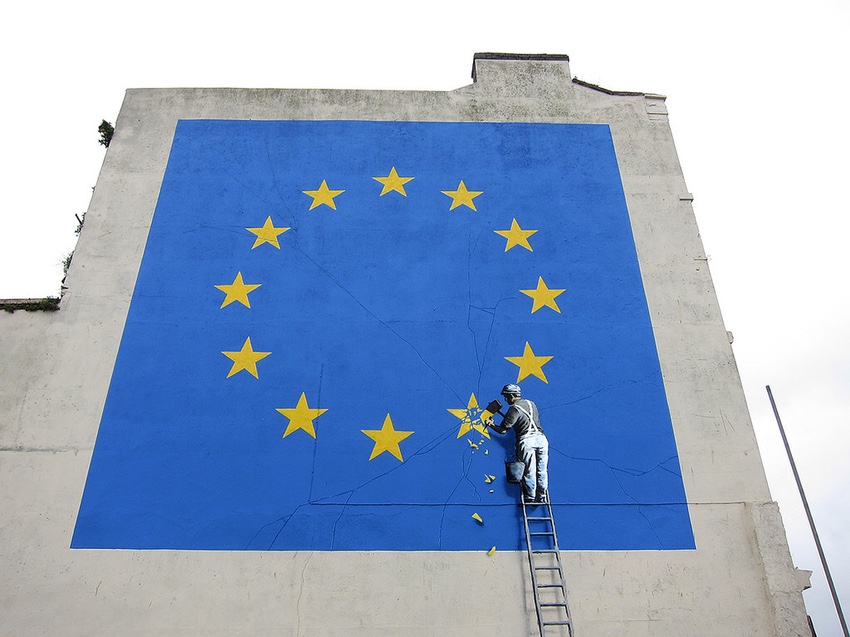
By Martin Vogel
Back in January 2019, Matt Bishop and Tony Payne at Sheffield University’s Political Economy Research Institute (SPERI) posed the question of whether Britain might be the world’s first example of an undeveloping state. By this they meant that the characteristics that sustained the UK’s development over four hundred years as a pioneer of capitalism and industrialisation may have turned into pathologies that hold it back in the modern global political economy:
“Britain could again be first, albeit in a league table not of its choice! It could be the first of the ‘early developers’ to be forced to grapple with the implications of sustained ‘undevelopment’. This is defined here straightforwardly as the dismantling, rather than the building, of a viable, functioning political economy that satisfactorily serves its people.”
The Covid-19 pandemic has brought this thesis visibly to life. Britons have spent 2020 discovering that the securities they have for decades taken for granted are in fact very fragile. I won’t rehearse the catalogue of incompetence that has characterised the British Government’s approach to the coronavirus. But, lest it becomes too normalised, I commend keeping to hand the excellent Sunday Times investigations whose titles say it all: 38 days when Britain sleepwalked into disaster and 22 days of delay and dither on coronavirus that cost thousands of British lives.









